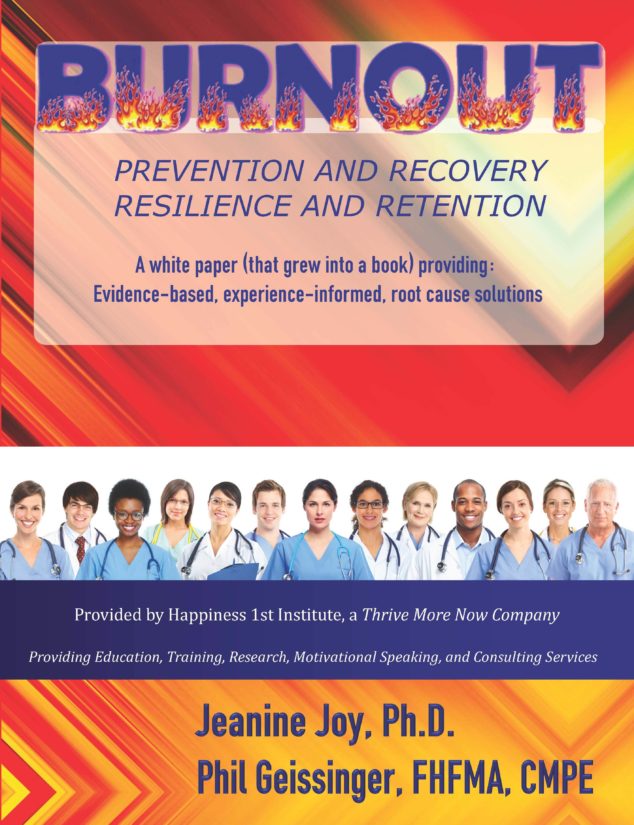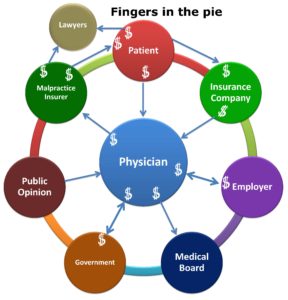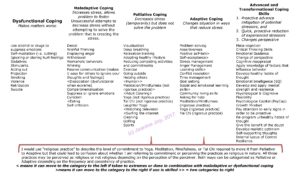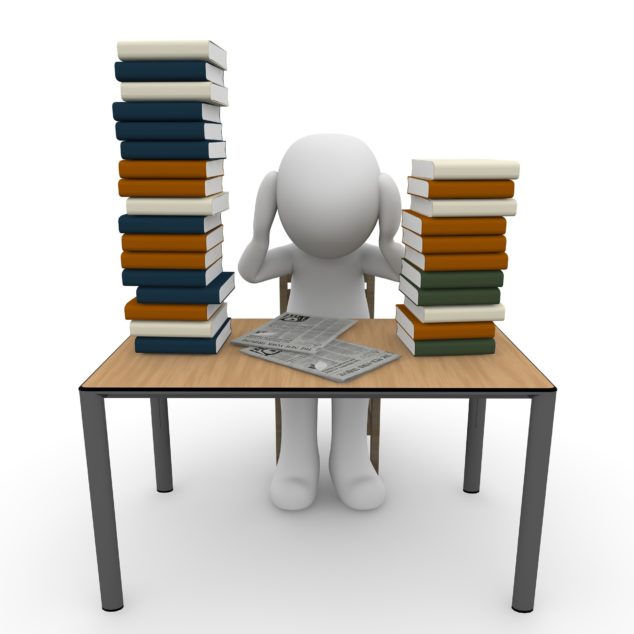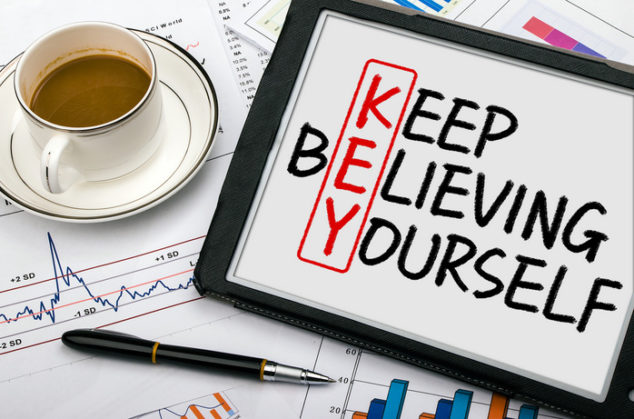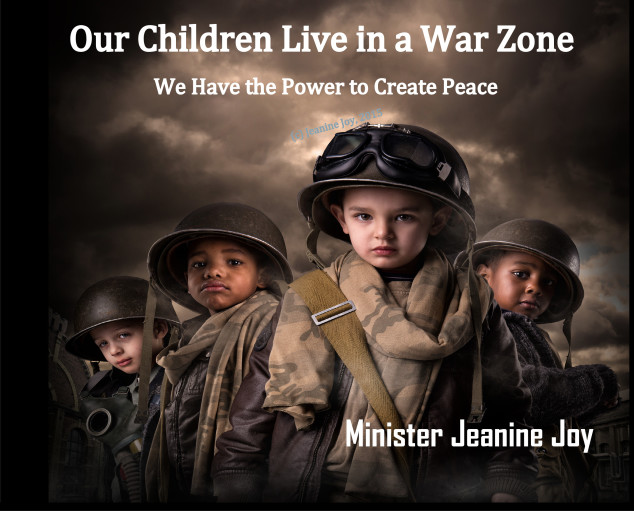Burnout Prevention and Recovery, Resilience and Retention Evidence-based, experience-informed, root cause solutions
When we were asked to participate and be a resource to the NC Consortium on Physician Resilience and Retention ( a Committee of the NC Medical Society), we were moved to develop a white paper for an upcoming meeting. We began pulling research on burnout. Jeanine’s dissertation was on Employee Engagement so she was very familiar with the other end of the spectrum. Within two days, 300 journal articles had been identified. At that point we knew it would have to be a book; not just a white paper.
After reviewing over 500 articles, we elected to address, burnout prevention and recovery through two distinct lenses:
- What an individual can do to protect themselves and/or recover from burnout, and,
- What healthcare organizations can do, individually and collectively, to prevent burnout and help employees recover from burnout syndrome.
Designed to be easy
Recognizing that both physicians (read as “all providers of care”) and healthcare organization executives are busy and may not have time to read the entire book, we wrote the book so that a physician who just wants to know how to prevent or recover from burnout can get all the information needed without having to digest the full text of information for the healthcare organization. The information for the healthcare organization executive or manager who wants to know what the organization can do also stands alone.
Executives may want to review the section for individuals because training your staff to understand the knowledge and skills presented there will increase resilience, emotional intelligence, and create a more positively focused workforce. It will also help them deal with daily stressors in your role including workplace politics.
A brief overview of the problem with current statistics about burnout is provided at the beginning.
The Appendices have questionnaires for burnout, depression, coping, and anxiety.
Build Resilience by applying Science
The section for physicians provides actionable steps that increase resilience, self-compassion, and foster development of healthy habits of thought. The research consistently shows that this is the difference between those who are burned out and those who are not–not the amount of stress inherent in their role.
Healthcare Organizations Have Work To Do, Too
The need for resilience does not mean that there is not a great deal of work that can and should be done by healthcare organizations to make the work environment less stressful and more supportive of the physical and mental health of its employees. Some of that work could be done quickly in organizations that are motivated. Much of the organizational work will require concerted actions between organizations to change the environment including legal, regulatory, and payers.
Why the Authors are Qualified to Write This Book
Dr. Joy’s prior books on Employee Engagement, Suicide Prevention, and Resilience, her dissertation on empowering employees, and years of research on building resilience prepared her to write this book. She asked Phil Geissinger to join her to add his expertise on the leadership and management of healthcare organizations and the many burdens that have been added to the roles of healthcare clinicians over the last several decades because she knew his insights would focus on how to accomplish what has to be done in ways that reduce the likelihood of burnout.
It is clear that healthcare organizations and care providers must act to prevent and recover from burnout. Physicians experience stress from:
| · Lack of time | · Financial Pressure | · Lack of purpose and meaning |
| · Malpractice costs | · Long Hours | · CME |
| · Paperwork | · Board Certification(s) | · Erosions of Autonomy |
| · Work-Life Conflicts | · Inadequate sleep | · Business of Medicine |
| · Secondary Trauma
· Collegial pressures |
· EMR/EHR
· Practice economics |
· Insurance Companies
· Human resource issues |
One key aspect that enhances the ability of the approach to burnout applied is the change in the purpose of emotions that was validated in 2007. Understanding and applying the new guidance on the purpose and use of emotions make it much easier to develop resilience and to understand how to use cognitive restructuring to reduce stress. We expect healthcare providers will find it helps them help their patients.
Learning advanced and transformational coping skills means physicians and other healthcare providers experience less stress on a daily basis. Chronic stress leads to burnout and the adverse physical and mental health outcomes associated with burnout.
Coping Skills Make a Difference
People will use the best coping mechanisms available to them but if they don’t know how to use healthy coping strategies they will use a coping strategy they can access–even if it is maladaptive or dysfunctional. Primary Prevention for maladaptive and dysfunctional coping strategies such as drugs and alcohol requires training in healthier stress management strategies.
You’ll find it interesting that most of the commonly recommended stress management strategies are dose-dependent palliative strategies.
Our book, Burnout: Prevention and Recovery, Resilience and Retention, is available on Amazon. Both Phil and Jeanine are available for keynote presentations and training to reduce burnout and provide the other benefits described in their book.Please let us know if you are interested in discussing training or speaking needs that we provide.
Burnout prevention and recovery can be easy, permanent, and relatively quick when the plan is based on research.
Together, we will make working in healthcare better for everyone which improves patient care and outcomes.
[contact-form-7 id=”2377″ title=”Basic (new) contact form”]

